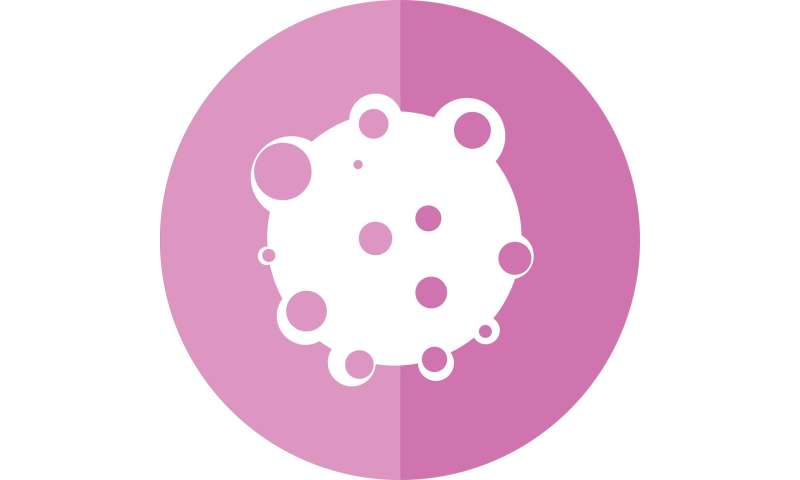
A drug has shown great promise in the treatment of neuroblastoma, an aggressive form of childhood cancer. The study was led by researchers at Lund University in Sweden, and is published in the journal Science Translational Medicine.
Every year, about 800 children in the US are diagnosed with neuroblastoma, an aggressive cancer of the nervous system that most frequently arises in the adrenal glands. Despite intensive chemotherapy, the disease can be difficult to cure and the prognosis is often poor. However, researchers at Lund University have now identified and tested a drug that has been shown to be very effective against neuroblastoma.
“Initially we conducted a large-scale drug screen where we examined how 500 drugs affected neuroblastoma cells from patients. Most of these medications have never before been used on patients with neuroblastoma,” says Karin Hansson, doctoral student and first author of the study.
The researchers then obtained a “short list” of the most effective drugs. One of these was a so-called KSP inhibitor, particularly interesting as patients with a high proportion of KSP protein have the more aggressive variant of neuroblastoma, something that is synonymous with a worse prognosis.
When the researchers treated mice with this drug, they saw how the KSP inhibitor prevented tumor growth and drastically prolonged survival. In some cases, the tumor disappeared completely. KSP inhibitors block the protein in tumor cells, meaning that the cells can no longer divide and therefore eventually die.
The KSP inhibitor has not previously been used for neuroblastoma, but was shown to be extra effective against this type of cancer. It also did not affect healthy bone marrow cells, which is important as side effects are a major problem in childhood cancer therapies.
Source: Read Full Article
